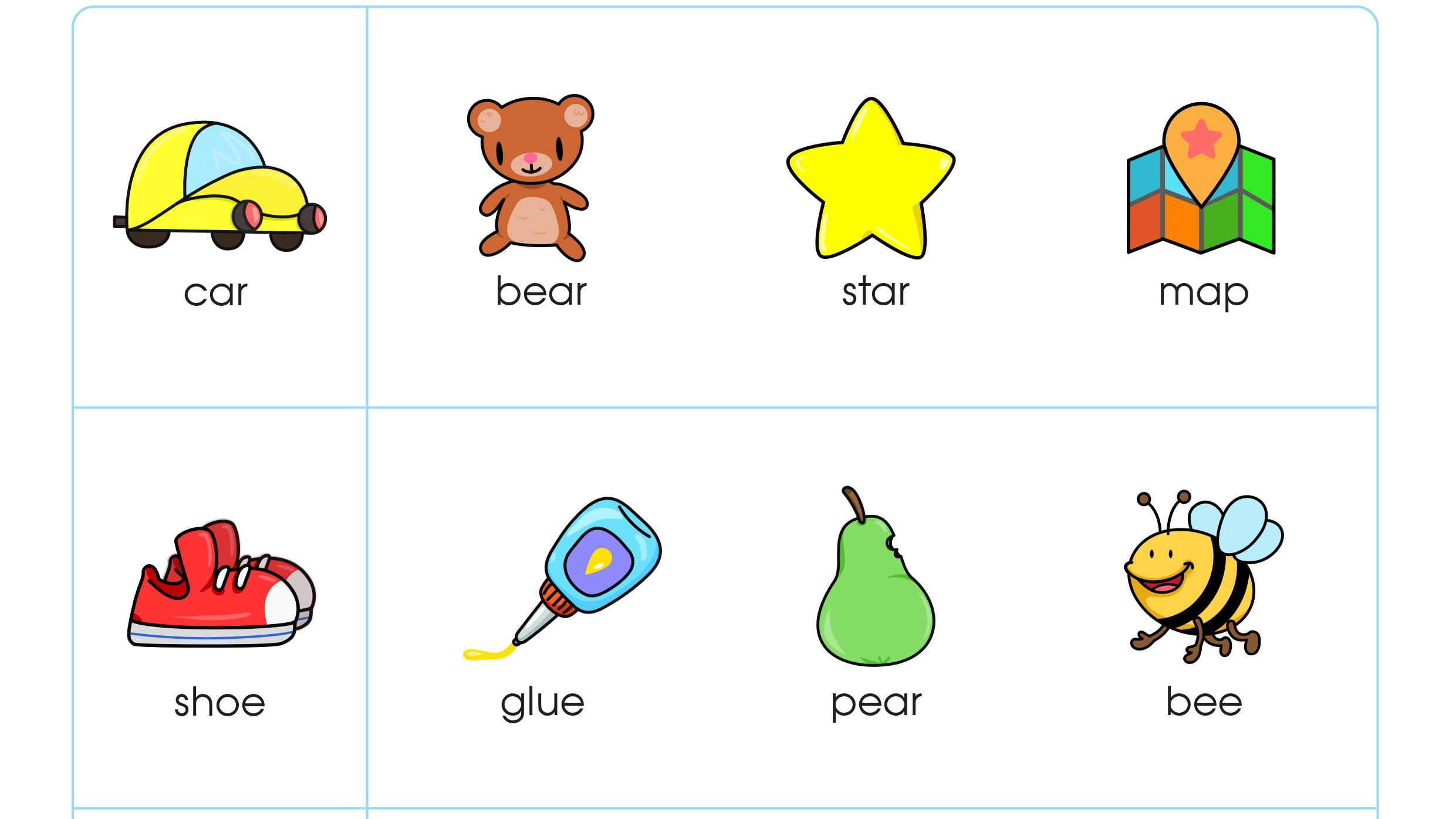Math problem-solving Reading Worksheets for Ages 7-8
6 filtered results
-
From - To
Discover our engaging Math Problem-Solving Reading Worksheets designed specifically for children aged 7-8. These worksheets combine essential reading skills with math concepts, helping young learners enhance their comprehension and critical thinking. Each activity encourages students to read math-related scenarios, analyze the problems, and apply their arithmetic skills to find solutions. Perfect for developing both literacy and numeracy, our worksheets foster a fun and interactive learning experience. With a variety of exercises catering to different abilities, teachers and parents can easily integrate them into their lessons to boost confidence and problem-solving skills. Explore our collection and watch the young mathematicians thrive!
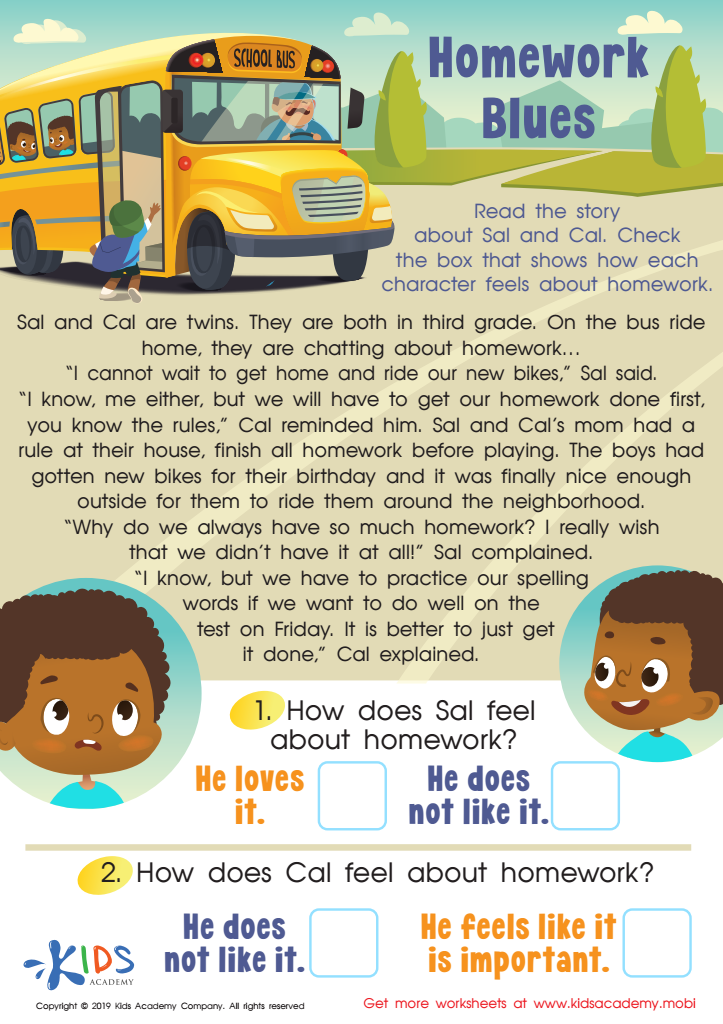

Homework Blues Worksheet
Parents and teachers should prioritize math problem-solving reading for ages 7-8 because it lays the foundation for critical thinking and analytical skills essential for lifelong learning. At this age, children develop cognitive abilities that enhance their understanding of mathematical concepts. Engaging in math problem-solving helps them recognize patterns, develop logical reasoning, and apply mathematical concepts in real-world situations.
Moreover, math problem-solving reading promotes language development and comprehension skills. As children read and interpret problems, they learn to decode information, enhance vocabulary, and improve communication skills. This integration of math and reading fosters a holistic educational approach that prepares them for more complicated tasks in the future.
Additionally, mastering problem-solving at this stage boosts children's confidence and attitude toward math. A positive early experience with math can lead to a lifelong appreciation for the subject, reducing anxiety that often develops later in school. Collaborative problem-solving activities empower children to work in teams, enhancing social skills and resilience.
Ultimately, nurturing these skills in young learners helps set them on a path for academic success, equipping them for challenges in higher grades and beyond while encouraging a love for learning. Thus, it’s essential for parents and teachers to actively support math problem-solving reading.

 Assign to My Students
Assign to My Students
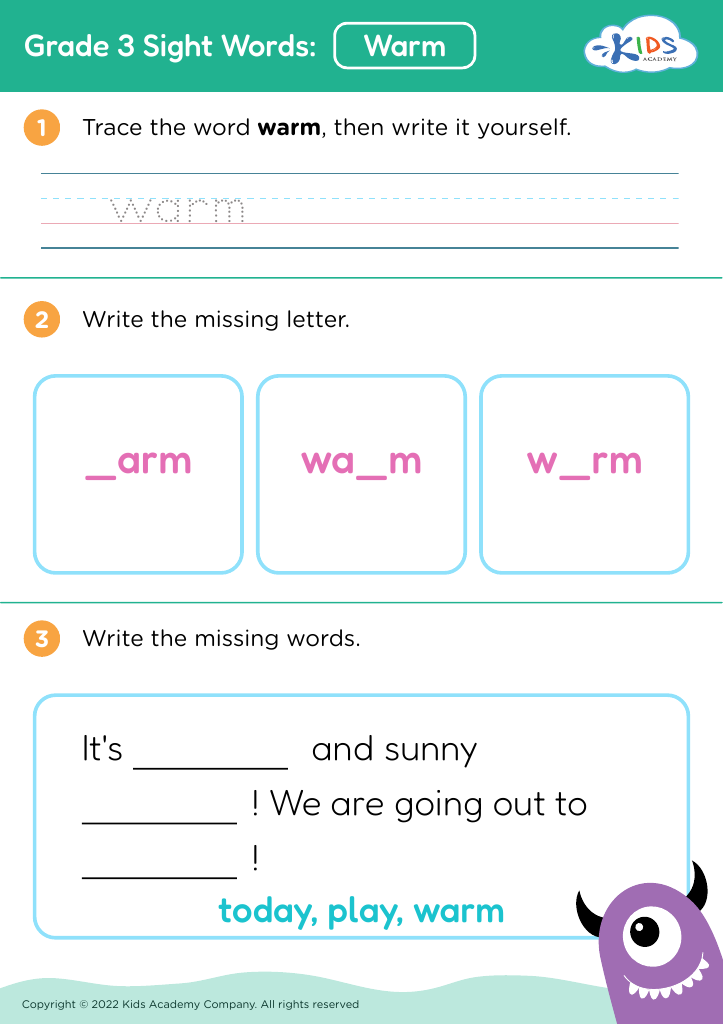

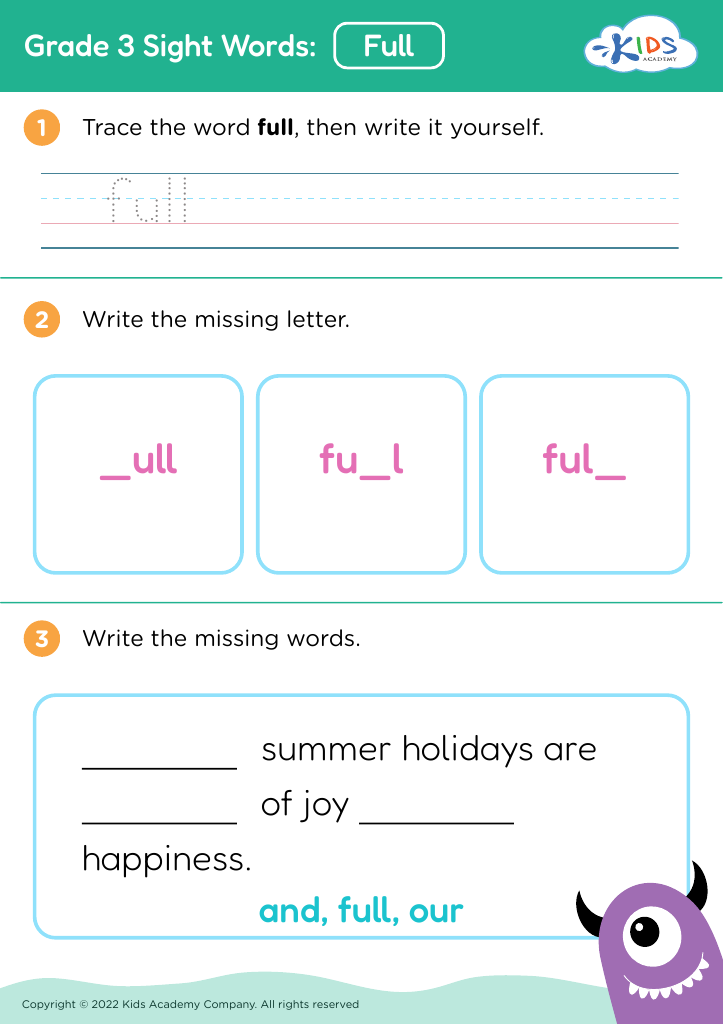
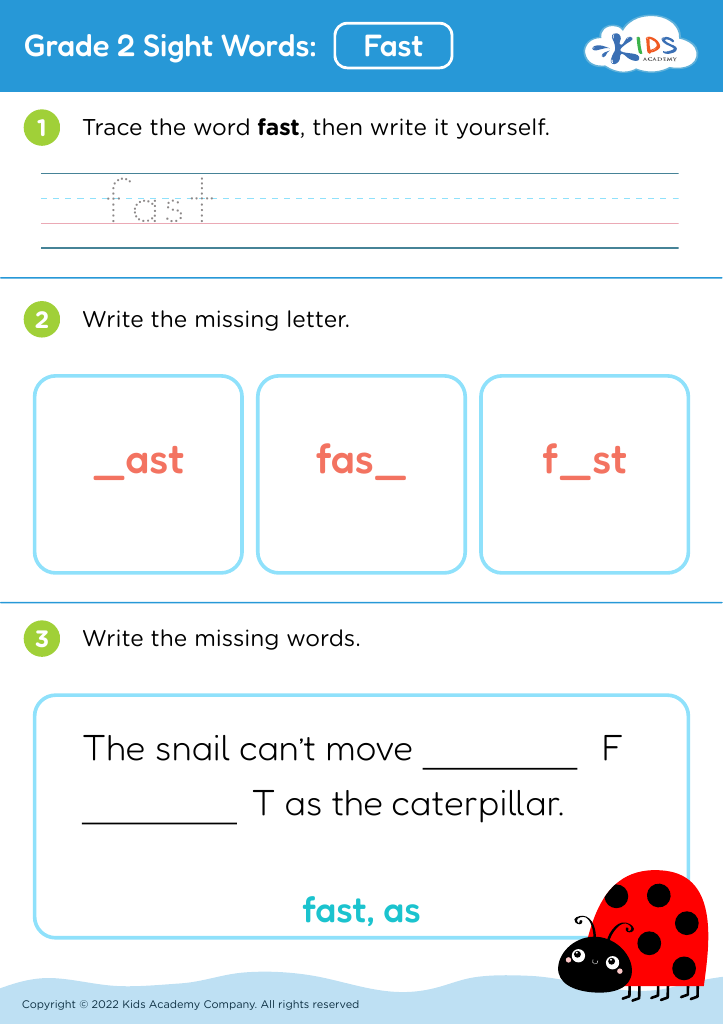




.jpg)
